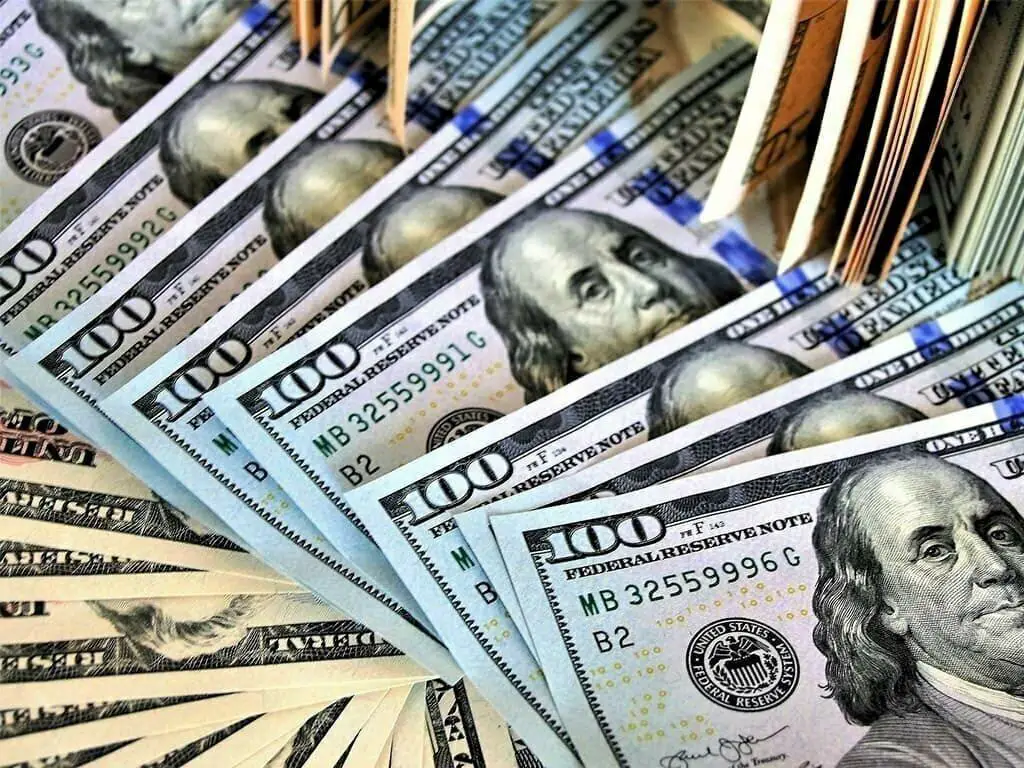- The government of Tanzania has responded to claims that Kenyan companies are now obtaining dollars from Tanzania
- Kenya is currently experiencing a severe dollar shortage as a result of massive international debt repayments
- The Bank of Tanzania (BoT) is monitoring and evaluating the foreign exchange market to ensure compliance with all applicable laws and rules
The government of Tanzania has responded to claims that Kenyan companies are now obtaining dollars from Tanzania to fulfil their obligations to manufacturers and general goods importers.
Kenya is currently experiencing a severe dollar shortage as a result of massive international debt repayments, which caused its foreign exchange reserves to fall to a level that was below the key level of four months’ import coverage.
Lawrence Mafuru, the Deputy Permanent Secretary in the Ministry of Finance and Planning, stated in Dar es Salaam yesterday that the Foreign Exchange Act and rules govern the nation’s foreign exchange operations.
“As required by rules and regulations, suitable paperwork should be supplied when purchasing and selling dollars as well as other foreign exchange currencies from banks and bureau de change,” he said.
As an illustration, the supporting document mentioned in sub-regulation (4) of the Foreign Exchange Regulations could be applicable invoices in the case of importation or documentary proof of domicile and legitimate travel documents in the case of trip.
Others include letters or invoices from the relevant educational or medical institutions for medical, educational, or training costs, authentic bank or inter-bureau receipts, or pertinent invoices for multiple charges payable in foreign currency.
BOT Monitoring the foreign exchange market
According to Mr. Mafuru, the Bank of Tanzania (BoT) is monitoring and evaluating the foreign exchange market to ensure compliance with all applicable laws and rules.
In order to prevent the emergence of foreign exchange illicit markets and the resulting problems in the nation, “The central bank is continuously monitoring the status of the scarcity of dollars in the neighbouring nations.
“To guarantee that the nation’s foreign exchange trading is conducted smoothly and in accordance with the nation’s laws and regulations, the BoT as well as other agencies are keeping an eye on this issue,” the statement reads.
The Central Bank of Tanzania’s monthly economic assessment for February, at the end of January this year, the country’s foreign official reserves decreased to 4,807.8 million US dollars from 5,177.2 million US dollars, but they were still enough to cover 4.3 months’ worth of imports, which is the required minimum for the country.
Kenya Dollar Shortage Impact
According to reports, Kenya’s banking institutions are running short on US dollars, making it difficult for producers and importers of everyday goods to satisfy their obligations.
The Central Bank of Kenya (CBK) issued an order instructing commercial banks to limit the amount of dollars they distribute which created a dollar deficit and a scramble to protect reserves.
Due to the scarcity, businesses are currently forced to look for dollars every day from a variety of lenders in order to fulfil their monthly demands for hard currency. They find it harder to retain positive supplier relationships and negotiate for advantageous prices in spot markets as a result of this.
Banks are running out of dollars, especially the biggest institutions, which indicates that the currency issues, which started in mid last year with banks rationing scarce dollars, have gotten worse.
“We are currently looking for cash. We call six banks a day for money, but only half of them will have anything for us,” said an executive of a manufacturing company, who requested anonymity out of concern for possible retaliation from the Central Bank of Kenya, stated that three of the banks would ask us to check again later (CBK).
“There are between five thousand and ten thousand US dollars on hand at banks. To receive 20,000 or even 50,000 US dollars from one single bank would be considered fortunate. This is absurd considering that our company needs $1 million USD each month in supplies and is only receiving KSh137 for every USD.”
Since they are unable to acquire dollars at the official buy rate of KSh127.39, importers believe they are forced to buy them at a price of KSh137 or more.
Prominent businesses have started exchanging dollars, while individuals who require hard cash are expressing an interest in the hotel and airline industries. This is illegal and promotes a parallel shadow market that might cause a number of economic problems, including a decrease in FDI, an increase in rent-seeking, and a shrinkage of the interbank FX market.
Due to concerns about CBK retaliation, some lenders accepted the dollar purchase caps but refrained from publicly announcing it. Industry leaders assert that their inability to obtain enough dollars has a substantial negative impact on their ability to pay overseas suppliers on schedule.
The organisation of industrialists asserted that the currency issue has hurt supplier relations at a time when there is more competition worldwide for raw materials due to rising demand and ongoing supply chain constraints.
The shortage is a result of increasing exports of equipment and raw materials after the economy recovered, which raised dollar demand.
